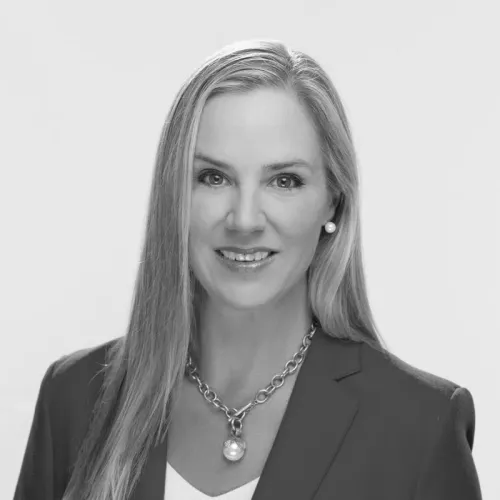New Law Protects Water/Wastewater Sector by Limiting Rate Challenges
New Law Protects Water/Wastewater Sector by Limiting Rate Challenges
Water and wastewater agencies gained an important new protection from lawsuits challenging their rates on Wednesday, when Governor Newsom signed SB 323 (Caballero). For water or sewer service fees or charges adopted after January 1, 2022, this new law requires any lawsuits challenging those fees or charges to be commenced within 120 days of the effective date. Water and sewer agencies for years have been exposed to lawsuits brought up to a decade after their rates were adopted, leading to a lack of budgetary certainty and placing extraordinary and costly pressure on water and wastewater agencies to modify their rates in light of the ever-changing standards articulated by appellate courts evaluating other agencies’ rate approaches.
The law also requires challenges to be brought by way of a reverse validation action, a legal process most commonly used to challenge bond and other debt issuances. This is the very procedure the Legislature created to help ensure certainty in municipal finances, and so applies naturally to ensure certainty in agencies’ future revenue. Indeed, gas and electric rate challenges are already subject to validation, as are “connection” or “capacity” fees imposed by utilities. SB 323 makes the validation statutes applicable equally across all of these utility sectors and charges. As a result, while agencies can simply wait for this new statute of limitations to expire and validate their rates by operation of law, they also have the option to take the initiative and affirmatively pursue validation in court immediately after adopting rates, potentially creating even greater certainty.
To take advantage of the protections provided by SB 323, retail water and wastewater agencies must include in their proposed rate increase notice a statement that there is a 120-day statute of limitations to challenge any new, increased, or extended fee or charge.
Under Proposition 218, enacted in 1996, and subsequent legislation and court decisions, most water and wastewater fees and charges are already governed by strict and complex rules that require each ratepayer’s charge to be limited to its proportional cost of service. Challengers often sue after the rates go into effect, without ever notifying the agency prior to its adopting the rate change. Challengers also often seek attorneys’ fees, or a proportion of the challenged amounts, if their suits are successful. That financial incentive has led “bounty hunter” attorneys to challenge the rates of various agencies, sometimes even advertising for potential clients on social media. Public agencies—and their ratepayers—ultimately pay those costs. Public agencies do not make a profit, so all amounts paid to bounty hunter attorneys—and the costs to defend their lawsuits—ultimately come from the ratepayers themselves.
SB 323 does not apply to billing errors or overbilling; those claims may still be brought under the standard route under the Government Claims Act or Revenue and Taxation Code.
The bill was put forward by the Association of California Water Agencies, and co-sponsored by a broad coalition of public infrastructure associations and public agencies.
For more information about SB 323, and water and wastewater fee setting, contact Claire Collins or Adam Hofmann.
For More Information, Please Contact:
Receive legal alerts, case analysis, and event invitations.
